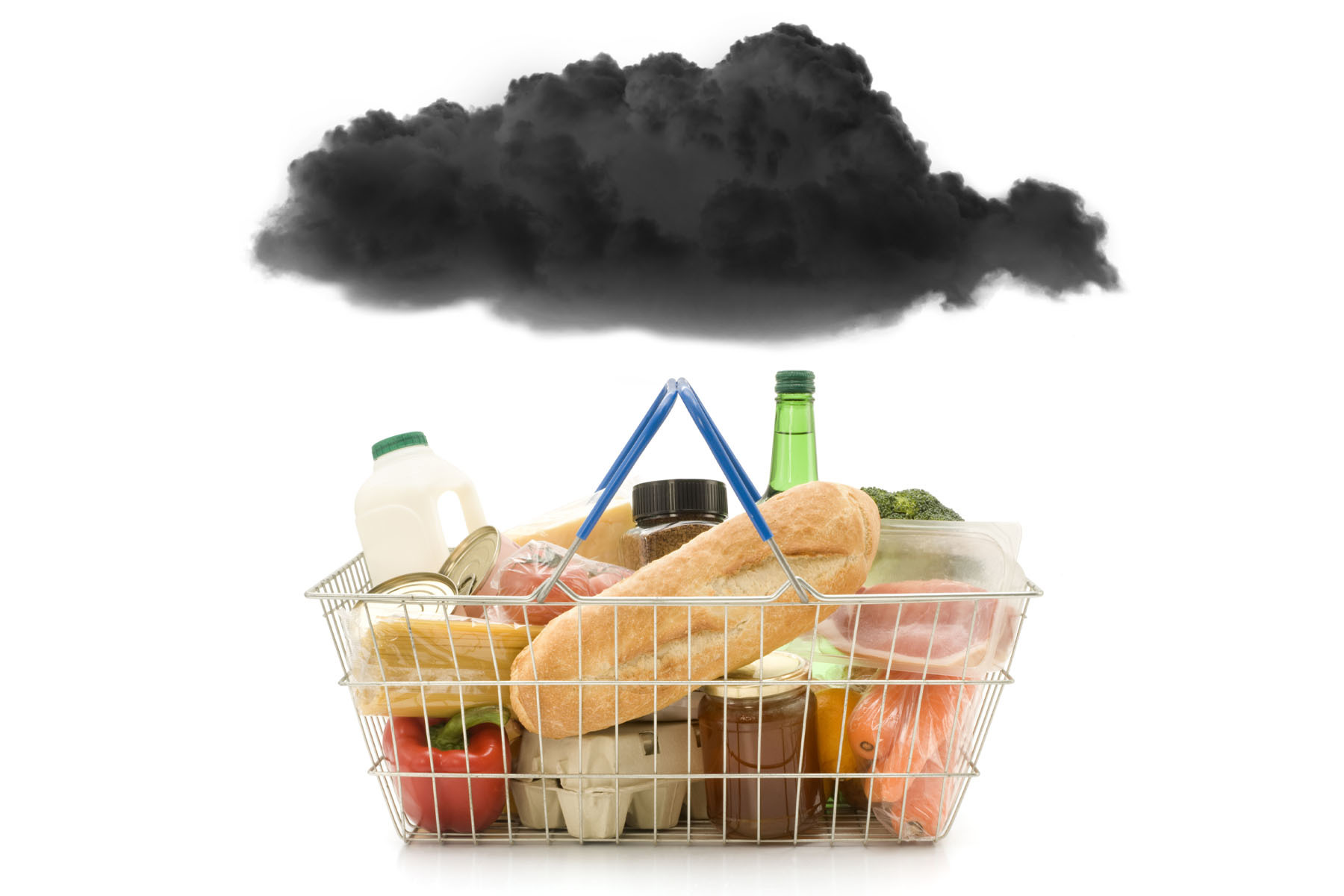When I see absurd prices, my mind leaps to cascading climate disasters and corporate monopolization. Someone on the other end of the spectrum might think of the carbon tax and global governance. But on one level, we’re both trying to explain away an encounter with our own insignificance as confirmed by the new price of, say, a can of Campbell’s Chunky soup.
They tell us there are a myriad of complicated kinks in the omnipotent supply chains that stretch across the earth—war, interest rates, climate events, dollar rates—that no one, not the state and certainly not you, can do anything about. The infinite web of multinational trade organized by ravenous corporations is outside of anyone’s control. Everything is to blame, so no one is to blame. We’ve built a food system that no one can do anything about other than keep making money.
This helplessness is emphasized by the impotent responses of the federal government so far: sending minister of innovation, science, and industry François-Philippe Champagne on a global hunt for competition, like some sort of disgraced royal trying to marry off his impetuous daughter, or begging said grocery overlords to sign on to a code of conduct, which I assume will be about as effective as when I asked my university roommates to sign on to a chore wheel.


Obviously the author put forward the scenario of Loblaws and Farmboy vs. No Frills and Walmart to get the point of dread across. However, I really think that in order to make people aware of the 3rd option, grocery stores and pharmacies independent of the largest conglomerates, we need to highlight and normalize going to them side by side with mentioning big chains. I just think discussion of independent stores should have been discussed at a much earlier point in the article, than as a tiny nugget of hope at the end.